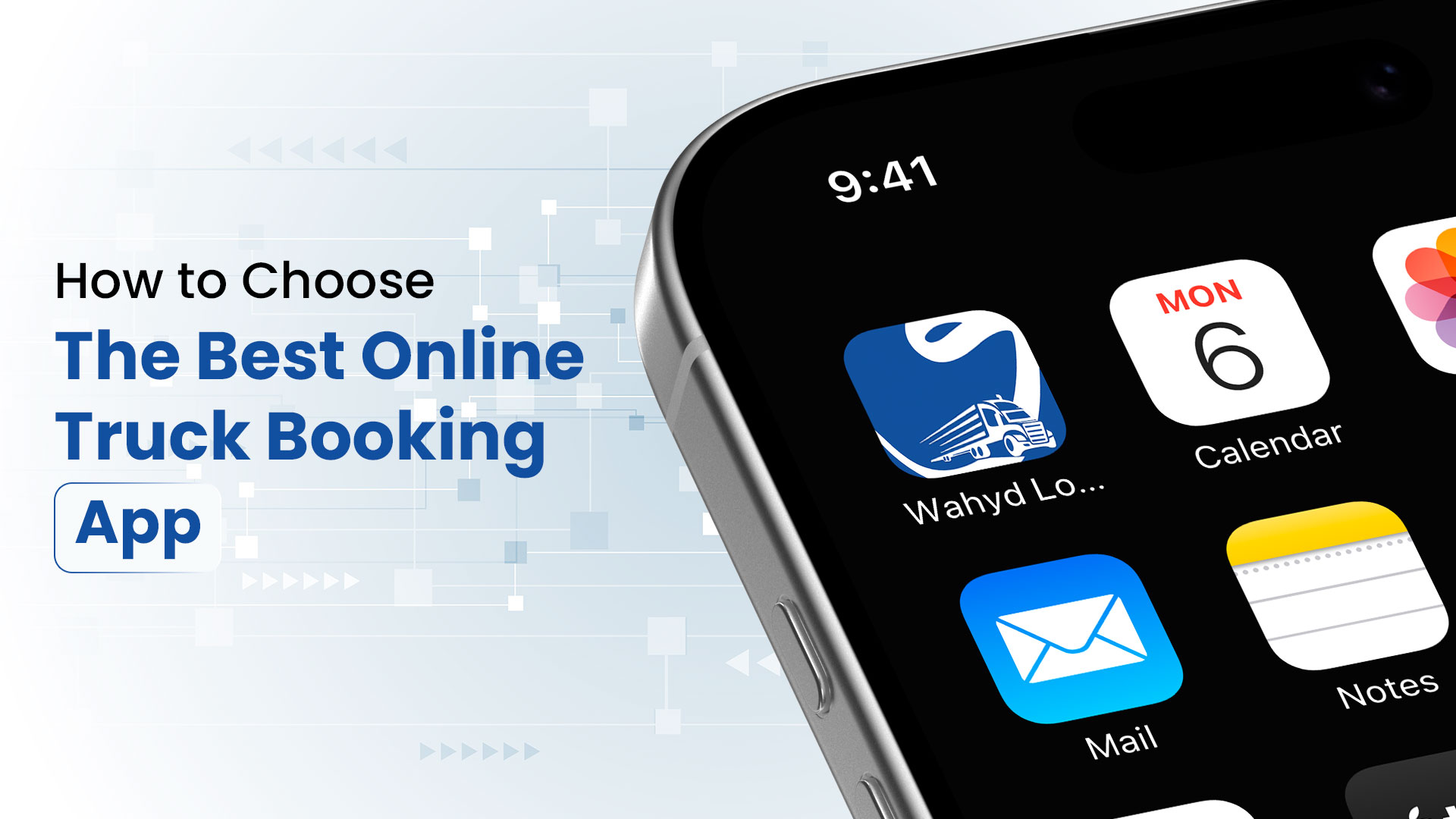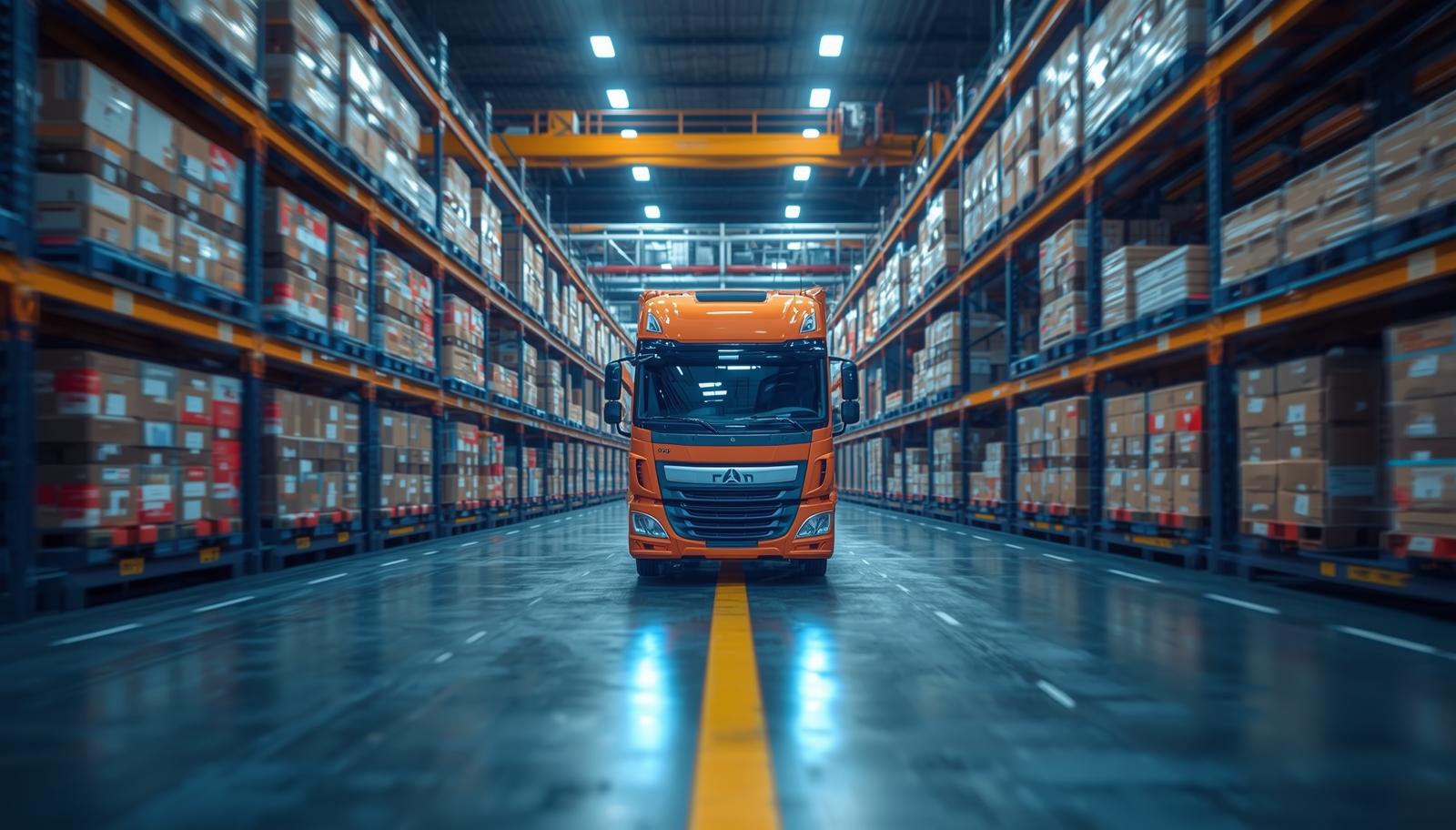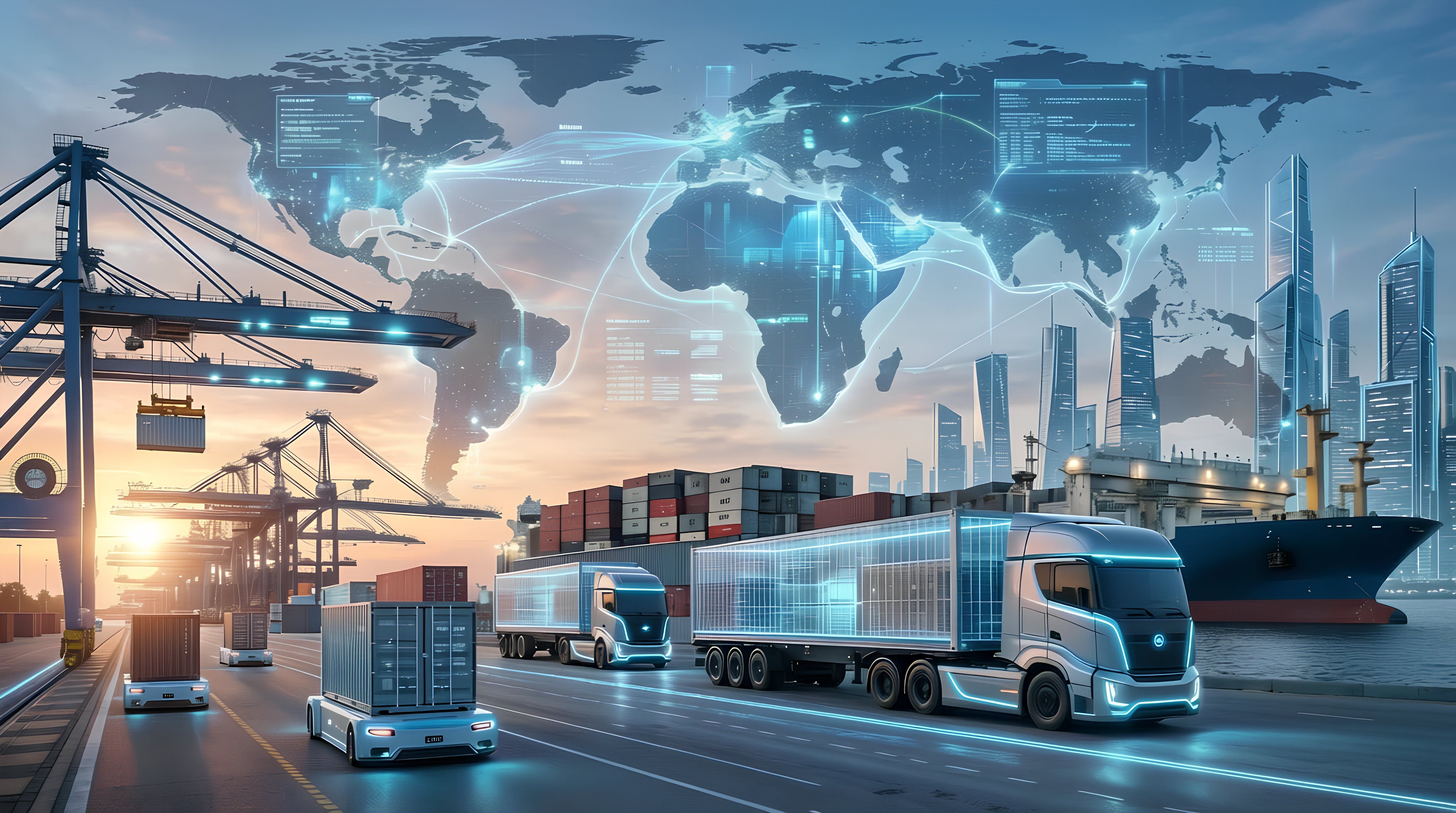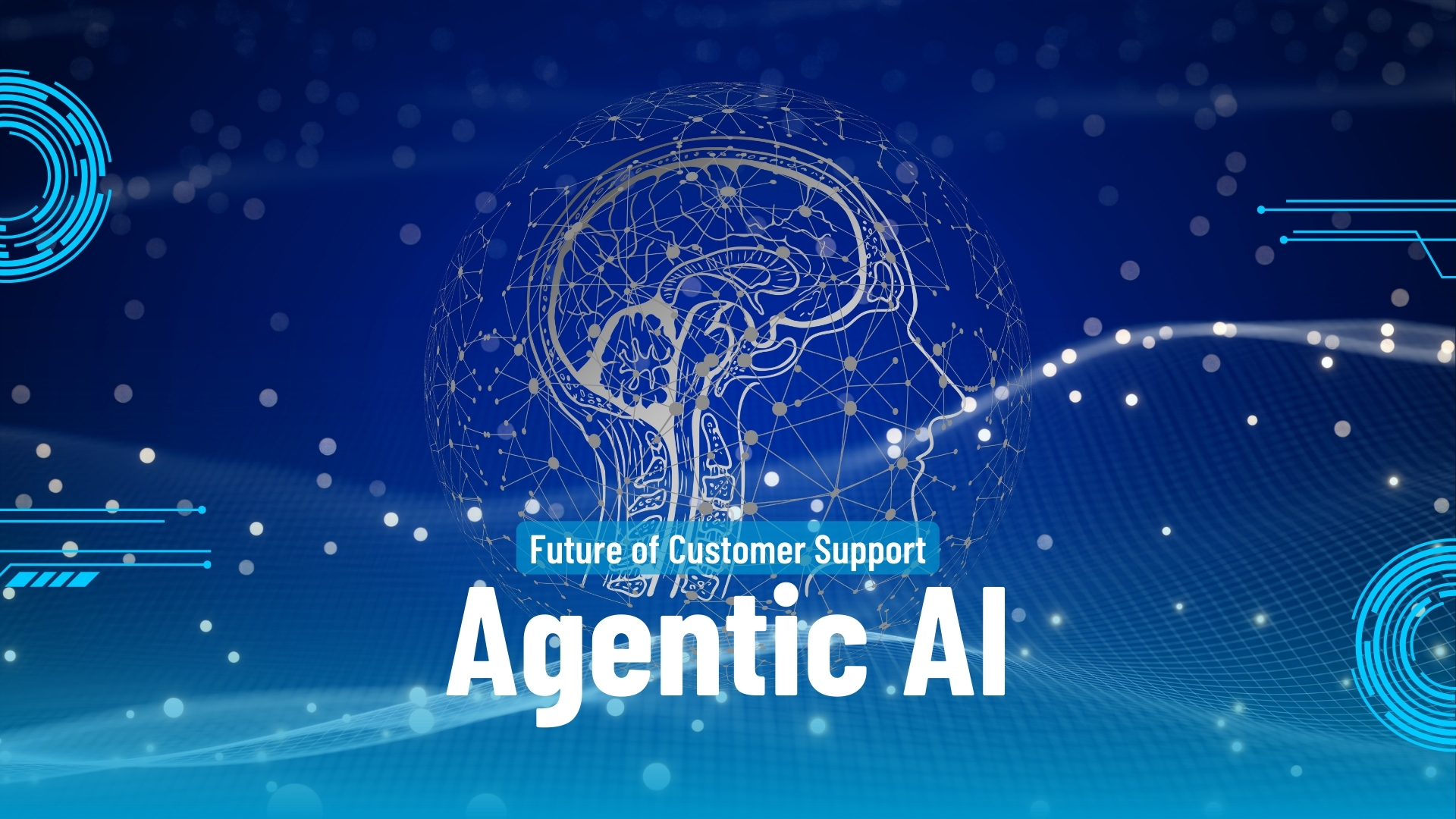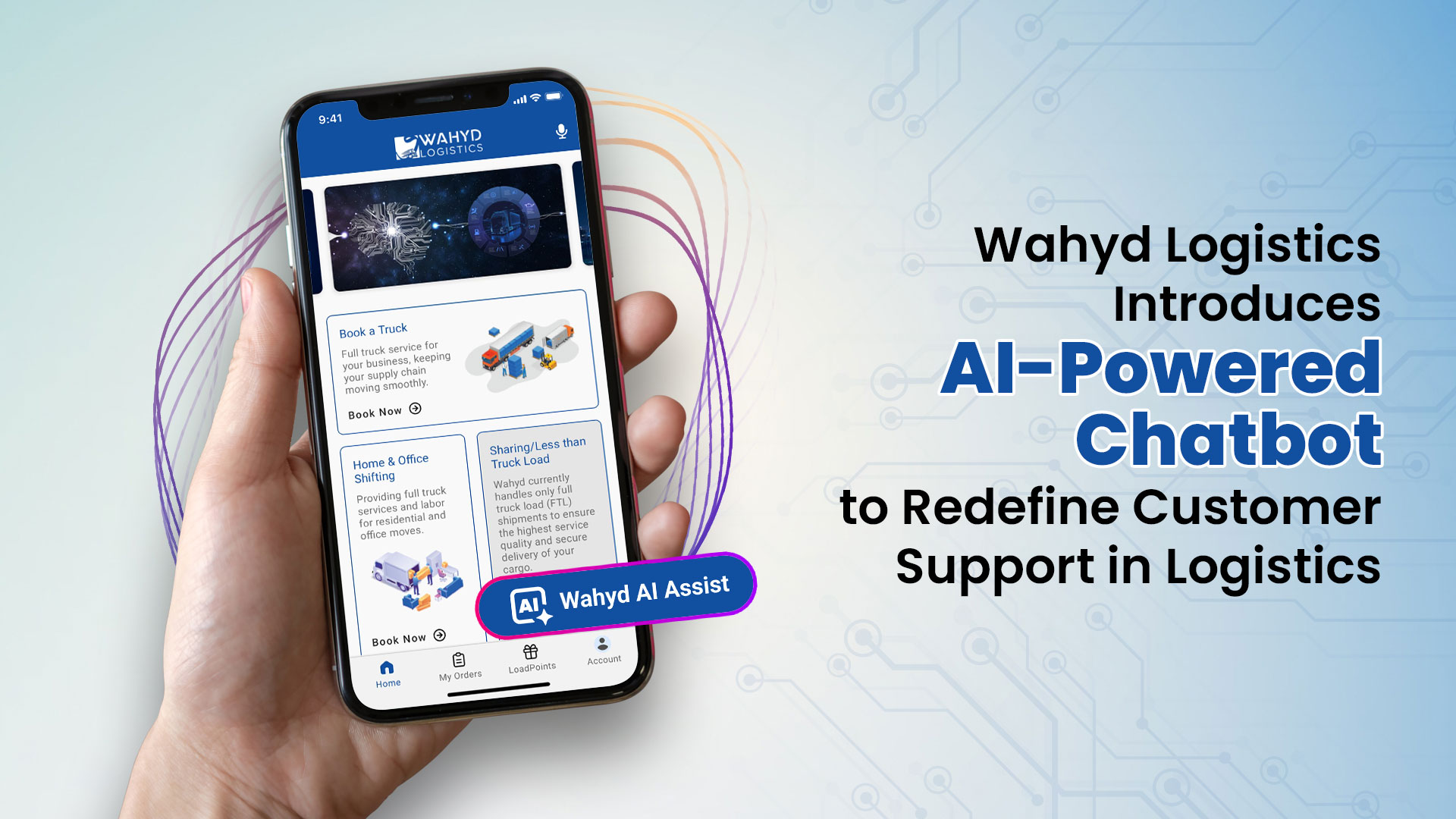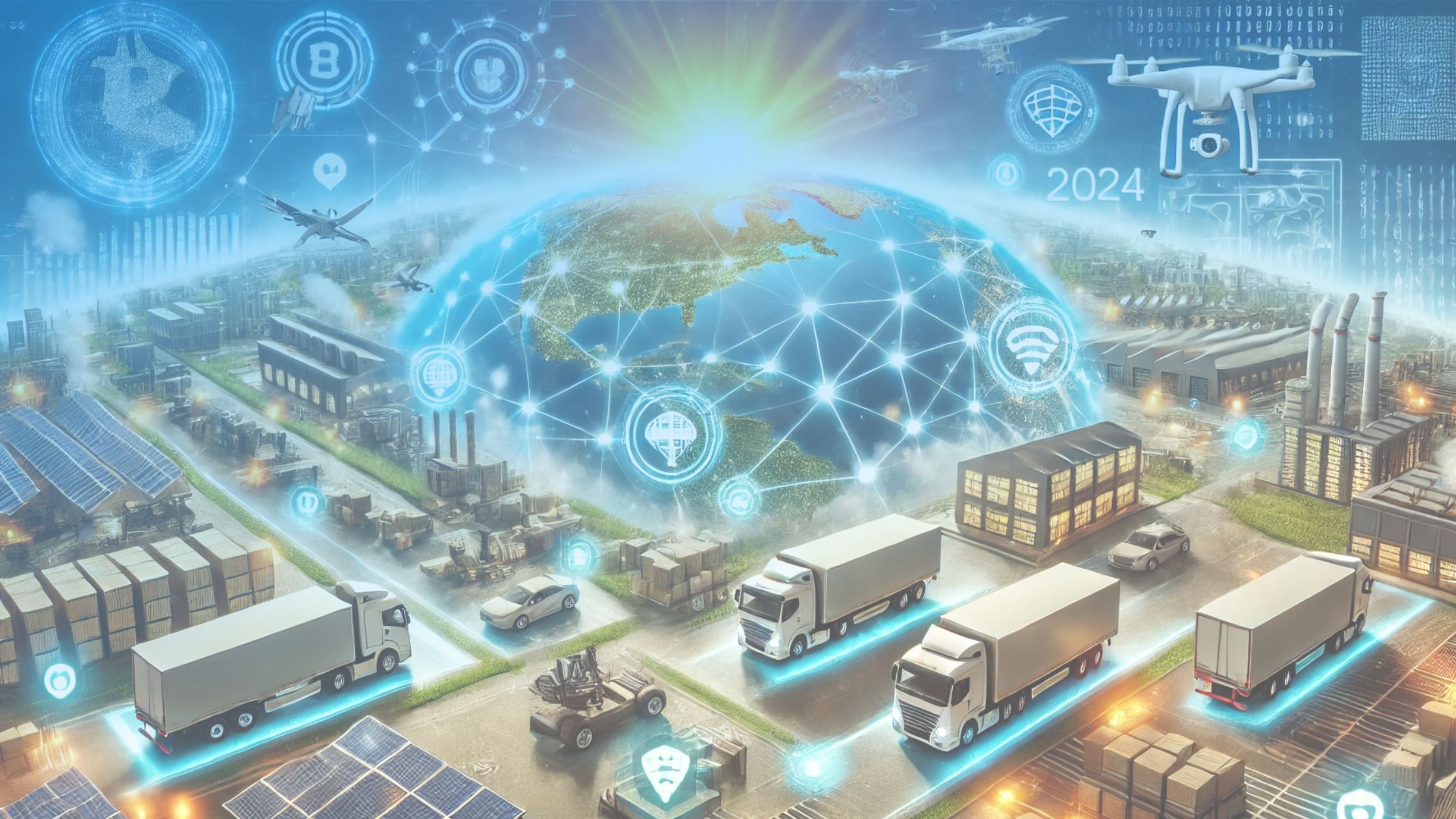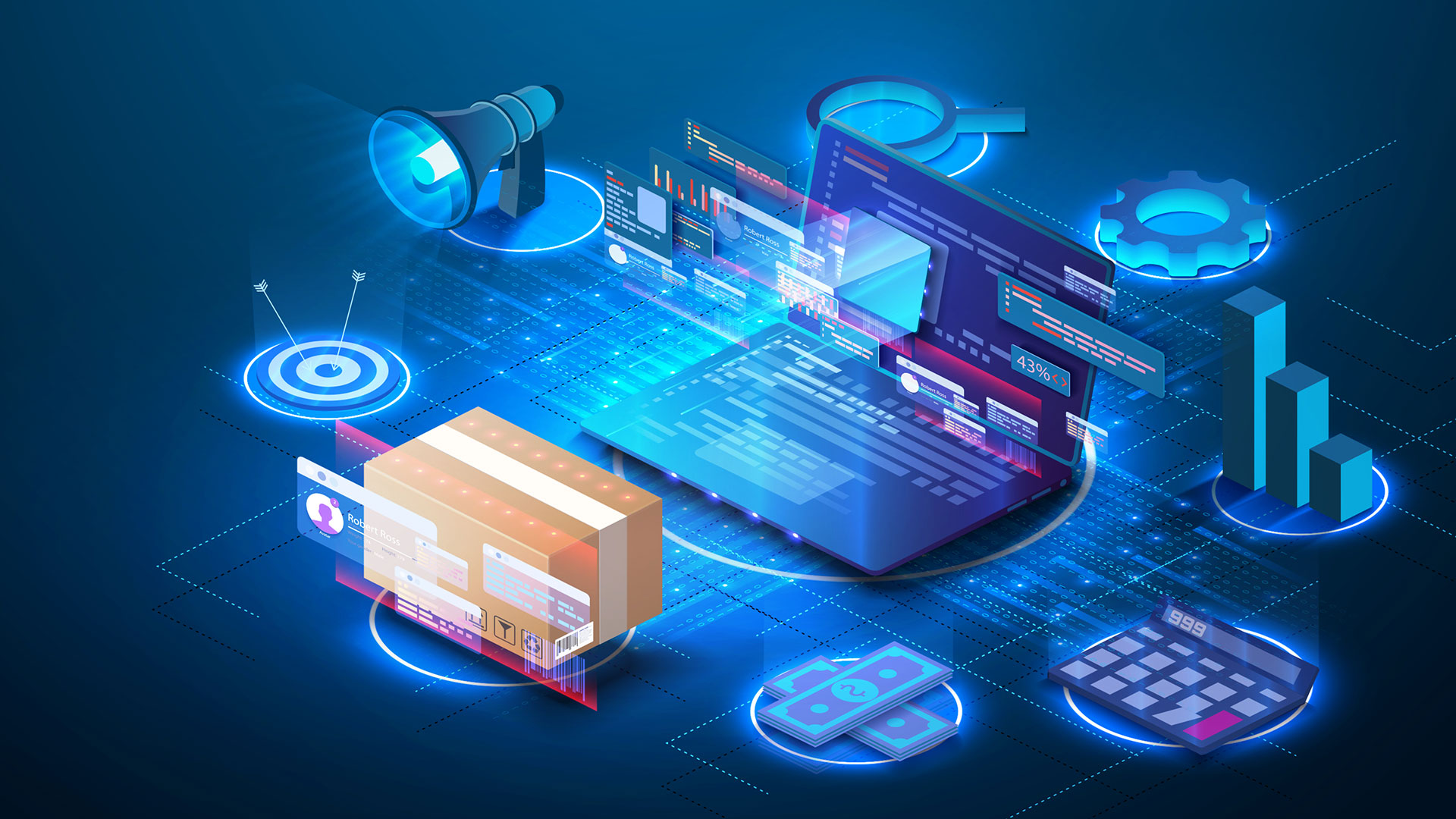
In the ever-evolving world of logistics, where tech transparency and robust industry relationships are pivotal, imagine a scenario where you’re responsible for shipping a collection of rare watches from Dubai to a luxury jeweler in Los Angeles.
This isn’t just any shipment; it’s slated for a blockbuster Hollywood movie premiere, and your reputation hinges on it arriving on time. There’s a lot at stake, getting this right could make you the “go to” supplier for luxury jewelry of Hollywood’s elite for years to come.
The pressure is palpable, so you don’t leave the shipment to chance. But it’s ok, because you have a plan. You chose to work with a sophisticated shipper that can give you the peace of mind to know that your cargo will make it there – on time.
Trust isn’t just a nice-to-have; it’s a fundamental necessity for any business, especially logistics providers.
Luckily, there are a plethora of technical solutions to ensure visibility, accuracy, and security throughout every step of the logistics process. And these solutions are the key to building unshakable trust.
Back to our fictional example of the luxury jeweler; the details may be different, but this high-stakes scenario plays itself out millions of times a day across the globe.
Tech transparency isn’t just a buzzword; it’s a critical component in modern logistics. The sophisticated shipper for our rare watches leverages advanced technologies like GPS tracking, blockchain, real-time data analytics and the Internet of Things (IoT).
These tools not only ensure efficiency but also provide crystal-clear visibility into every step of the shipping process, reinforcing the trust and confidence of clients
In this article, we’ll discuss real-world examples of companies using these technologies to provide transparency into their shipping operations for their customers:
Real-Time Tracking: GPS and Beyond
- DHL’s “Visibility+” platform offers 95% accuracy in real-time tracking, providing customers with granular details like estimated arrival times and temperature readings for sensitive products (Source: DHL’s website).
- Maersk’s “Captain Peter” app goes beyond mere GPS tracking. It offers customers a virtual tour of their container’s journey, including photos and videos of its progress. These glimpses into “how the sausage is made” is one of the most powerful ways to build trust and intimacy (Source: Maersk’s website).
Transparency Platforms: Opening the Black Box of Logistics
- TradeLens, a blockchain-based platform co-developed by Maersk and IBM, also offers deep visibility into the entire shipping ecosystem. With TradeLens gives customers unprecedented access to monitor the location of their shipping containers, access to customs documents, and even monitor the carbon footprint of their shipment (Source: TradeLens website).
- Project44, a logistics visibility platform, aggregates data from over 175,000 carriers to provide real-time tracking and predictive ETAs, fostering trust through transparency. Real-time visibility into in-transit inventory helps lower the need for expedites. Project44 also helps identify containers at ris of demurrage and detention fees. All in all, its proactive exception management leads to happier, less stressed customers (Source: Project44 website).
AI & Predictive Analytics: Anticipating Disruptions
- Amazon’s sophisticated AI algorithms analyze historical data and real-time conditions to predict potential shipping delays and proactively offer solutions, like rerouting or expedited shipping. Amazon happens to be some of the best in the world at this. (Source: Amazon Logistics blog).
- UPS’s Orion route optimization system uses AI to reduce delivery miles by 100 million annually, minimizing delays and enhancing customer satisfaction. UPS has a massive and sustained global data set, making its predictions some of the best in the world (Source: UPS website).
Blockchain: Trust Anchored in Technology
- Dubai’s Ports, Customs, and Free Zone Corporation (PCFC) implemented a blockchain-powered trade platform, reducing clearance times by 15% and document errors by 90%, fostering trust through data integrity and process efficiency (Source: PCFC website).
- Everledger, a blockchain-based platform, tracks the provenance of diamonds and other valuable goods, combating fraud and ensuring ethical sourcing, building trust through transparency and traceability (Source: Everledger website).
These real-life examples from major players in the shipping industry showcase the use of these technologies in global logistics. These companies are protecting their customers’ products – in fact, they’re protecting their customers’ reputations by leveraging these technologies.
But like a surgical instrument, tools and tech are only as valuable as the operator using them. Technology is essential, but it’s merely a tool. Companies that build trust with their customers understand that they’re in the business of providing peace of mind. Technology is vital for that, but so is the human touch.
Clear cancellation policies, liberal refund policies, constant communication, and strong guarantees are potent weapons in the war for customer loyalty. After all, FedEx became known for its slogans:
“When it absolutely, positively has to be there overnight“
“Relax, it’s FedEx“
“The World On Time“.
Not one word about their technology. Their entire value proposition centered around what their customer wanted – the secure delivery of their packages. FedEx became the behemoth that it is because they understood that they weren’t in the shipping business, they were in the “peace of mind” business – and they built a global shipping network to provide just that.
No business, from a simple coffee shop to a global logistics supplier, is immune to the whims of a skeptical customer. Like any business, a bulk of the revenue generated in the global logistics industry hinges on the customer experience. That means global logistics suppliers need to engineer a smooth customer experience that anticipates – and eliminates – potential problems.
Conclusion
As illustrated above, GPS tracking, predictive AI platforms, and blockchain integration are not just an operational upgrade; they’re a strategic imperative for providing transparency and building customer trust. In the high-stakes world of international shipping, these technologies are not just advantageous – they’re essential.
Back to our Hollywood blockbuster premier, the high-stakes world of shipping luxury goods (or any goods for that matter) is more than just moving a product from point A to point B. It’s about transparency, communication, responsiveness, and the willingness to go above and beyond for the customer. That’s what fosters trust and builds sustainable relationships.
In logistics, the strength of industry relationships can be as crucial as the technology employed. Our example underscores the value of partnerships between shippers, carriers, and clients. Strong relationships, fostered through consistent performance and reliability, are essential in handling high-value shipments like our rare watches, where a single misstep can impact reputational trust.
By embracing the power of technology and fostering a culture of transparency using technology, logistics companies can navigate this complex landscape with confidence, securing their place as trusted partners in a globalized world.
Wahyd Logistics is a leader in Technology Enabled Logistics, providing cutting edge end-to-end logistics marketplaces to transform industries across the globe. Leveraging experience with on-the-ground logistics and with developing technologically advanced solutions, Wahyd Logistics is poised to revolutionize logistics across the board, for all stakeholders involved.
Discover how Wahyd Logistics is changing the future of trucking and logistics in the GCC.
Visit our website to learn more and read our insightful blogs for actionable industry insights.

